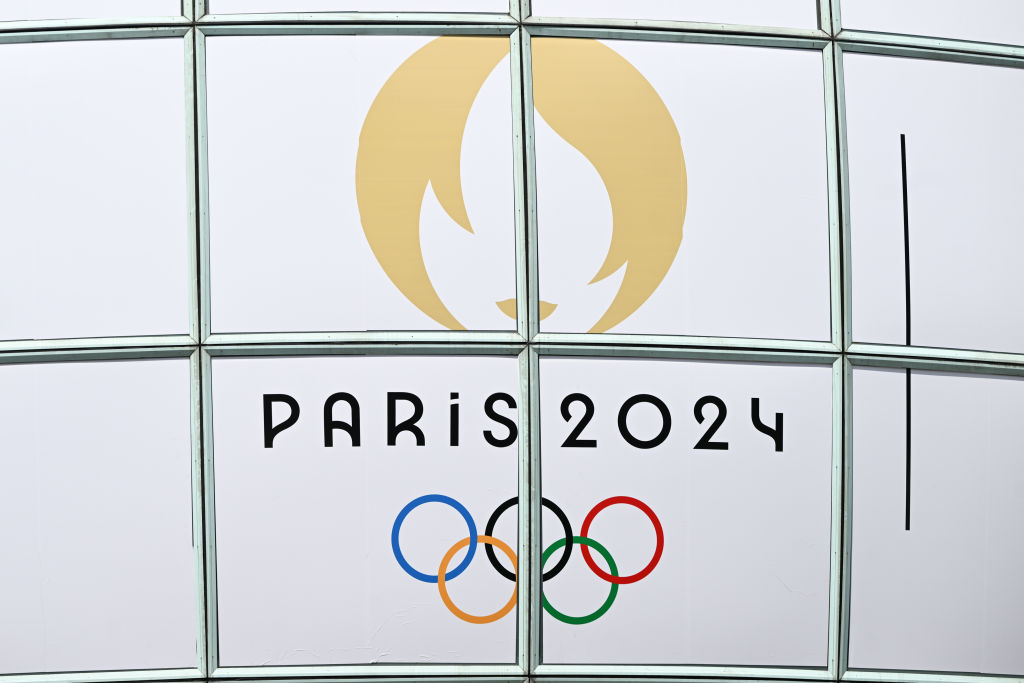Much has been made of equality of sexes at the Paris Olympics, the first Games with a 50-50 male-female split among athletes, but there is a gender gap in official ticket prices albeit to ensure capacity crowds for women’s events.
A ticket for the athletics session including the men’s 100 metres final cost up to 980 euros ($1,071.14) but for the women’s 100 showpiece it was 690 and that session also had four other medal events whereas the men’s had two.
Men’s basketball final tickets were up to 980 euros versus 510 for the women’s and in rugby sevens a ticket to see the men’s placing matches, semi-finals and medal rounds cost up to 200 euros, with the same women’s sessions priced at 170.
While it has not been a major talking point in athletes’ press conferences, United States runner Anna Cockrell, who won silver in the 400 metres hurdles on Thursday, was unhappy over the difference in ticket prices for some of the men’s and women’s events .
“It’s frustrating, because you have this moment where it’s like, we did it, equity in participation, and then not equity in treatment – just because we’re here doesn’t mean we’re being treated equitably,” said Cockrell.
“How are we ever going to prove our value if you’re telling us ahead of time that we’re not worth the same?”
Cockrell said she felt many women athletes have bigger followings and broader recognition than the men.
She pointed to teammate Sha’Carri Richardson, who won silver in the 100 last week and featured on the cover of Vogue ahead of the Olympics, as one female who had successfully broken through into popular culture from the world of track.
Of course, there are many Olympic sports in Paris where prices are equal — for example the men’s and women’s archery finals cost the same at up to 190 euros, both badminton finals were priced up to 320 and beach volleyball tickets up to 420.
CLOSING GAP
The Paris 2024 Organising Committee told Reuters in a statement that the starting point for closing the gap of historical inequalities in promoting women’s sport “is to ensure full crowds for women’s events” and price accordingly.
It conducted a pricing study with over 11,000 respondents in five countries: China, Germany, the U.S. Britain and France.
“This strategy has proven its success, given the record number of tickets sold (9.5 million) for the Olympic Games,” the committee said.
The International Olympics Committee declined to comment.
“There’s a longer history and tradition of men’s sport than women’s sport that will, as a result, lead to certain higher prices in some men’s events,” said Michael Payne, who once directed Olympic broadcast, marketing and sponsorship rights.
He added that the Olympics “wants to make sure that all the venues are full, and Paris has done the most incredible job there.”
However, for Cockrell, that is not enough.
“I feel like all I’ve seen has been the women at this Games, so it’s super disappointing they put it out there monetarily that women aren’t the same,” she said. “I’m grateful for the progress we’ve made and greedy for more progress to come.”
(Reuters)




















